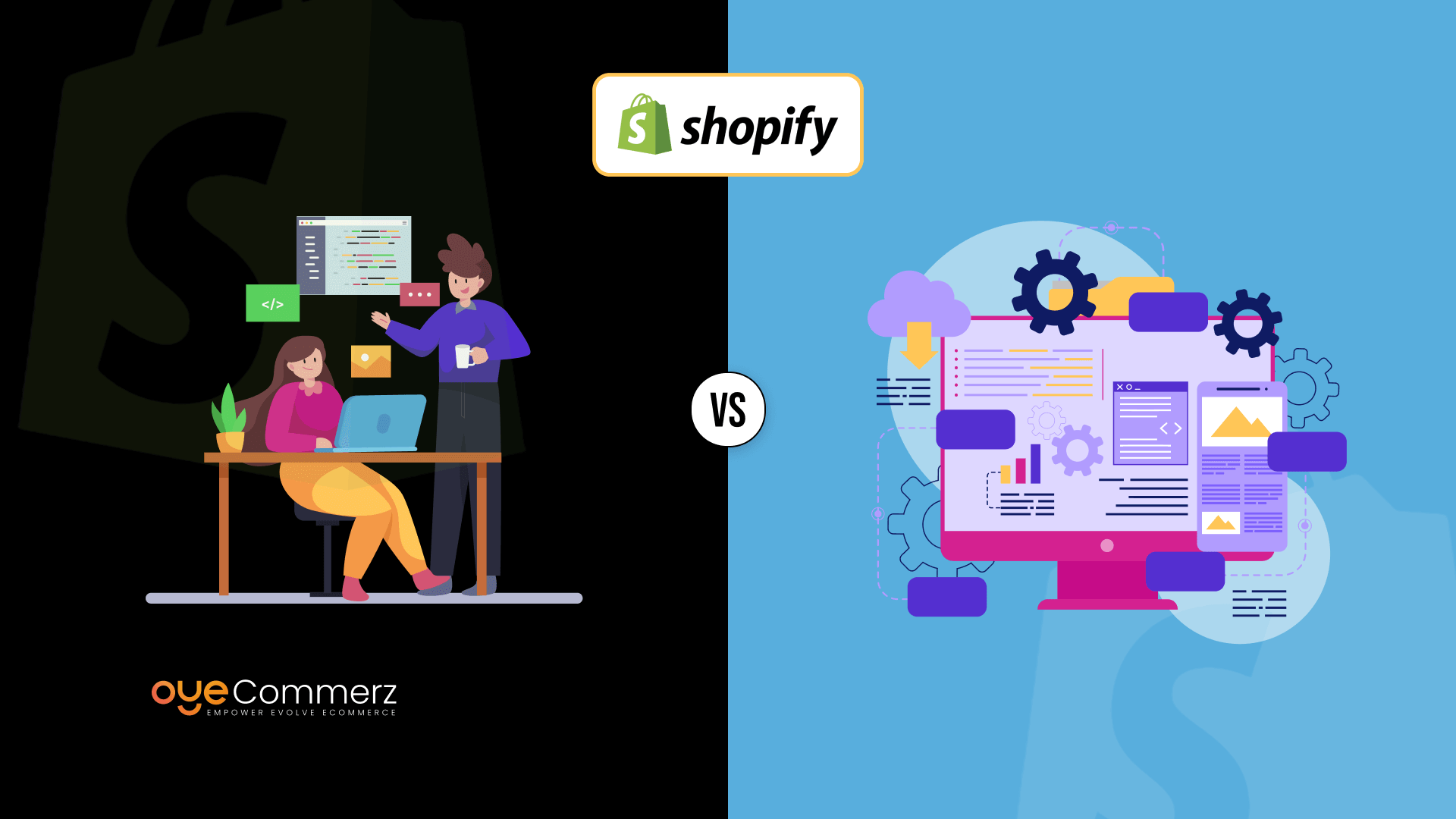Overview
In today’s cutthroat e-commerce environment, standing out is paramount, and a top method to differentiate a Shopify store is through tailored app creation. A robust Shopify app can boost store capabilities, simplify processes, and elevate customer engagement. This article explores key aspects of Shopify app development, from API integration to scaling strategies and digital marketing approaches, offering a roadmap for businesses seeking superior store efficiency.
The Importance of Shopify API Integration
Shopify’s API provides powerful tools to customize and extend store capabilities. With the GraphQL and REST API options, developers can retrieve information to build applications that handle inventory management, order processing, and customer data management smoothly. Using Shopify’s API can enable improved workflow automation and enables stores to assist shoppers more effectively.
Utilizing the Polaris Design System
Shopify’s Polaris is Shopify's design system for designing intuitive and accessible Shopify apps. By following Polaris guidelines, developers guarantee that apps integrate smoothly within the Shopify Admin experience. This ensures a cohesive look and feel that appeals to Shopify merchants, encouraging usability and familiarity for merchants using your custom app.
Navigating the Shopify App Ecosystem
The Shopify app ecosystem provides numerous opportunities for enhancing online stores. From handling order fulfillment to boosting customer engagement, apps in this environment are designed to meet diverse business needs. Familiarizing with this system assists developers in finding unique app opportunities and enables smooth connections of external tools that enhance the store.
Developing Embedded Shopify Apps
Embedded apps integrate directly within the Shopify Admin, allowing a seamless experience for merchants. They ensure that merchants do not need to leave their Shopify dashboard, simplifying their process. Employing Shopify App Bridge and embedded app features is a best practice for providing a unified, integrated user experience.
Using Node.js and React for Shopify Apps
Node.js and React have emerged as ideal tools for Shopify app creation. Node.js enables efficient back-end services, while React allows for interactive and adaptive front-end user interfaces. Together, they provide an excellent platform for building fast, growth-ready Shopify apps that enhance store performance and customer interaction.
Utilizing Webhooks in Shopify Development
Webhooks allow real-time data synchronization between Shopify and an outside application. They initiate events such as order creation or inventory updates and provide immediate notifications to your app. By implementing webhooks, apps can deliver real-time information to store owners, streamlining workflows and boosting productivity.
Engaging Customers Through Digital Marketing for Shopify Apps
To ensure Shopify app success, engaging customers is key. Using digital marketing strategies like SEO, email marketing, and social outreach can drive app adoption. Additionally, designing apps with customer engagement in mind (e.g., loyalty programs or personalized suggestions) boosts user loyalty and loyalty.
Making Your Shopify App Scalable
As e-commerce stores expand, so do their technology requirements. Ensuring that your app can scale to handle increased traffic, larger data sets, and more complex functionalities is essential. By improving server capacity and implementing scalable technologies, you can create apps that grow in tandem with a store’s React for Shopify development growth.
Important Features and Maintenance Tips for Shopify Apps
For an app to be effective, it should offer essential features like user authentication, dashboard analytics, and customer support options. Ongoing app maintenance, including updates to fix bugs and compatibility checks with new Shopify functionalities, is vital to ensure continuous operation and prevent disruptions to merchant workflows.
Conclusion
Custom Shopify app development offers immense opportunities for e-commerce stores, offering the chance to enhance store functionality, streamline processes, and foster customer loyalty. With API integrations and Node.js to ensuring scalability and customer interaction, building a Shopify app requires careful planning and strategic execution. If you’re ready to elevate your e-commerce experience, a custom Shopify app could be the perfect choice. What Building optimized Shopify apps features do you envision for your ideal app? Share your ideas and take the first step toward an enhanced e-commerce experience!
